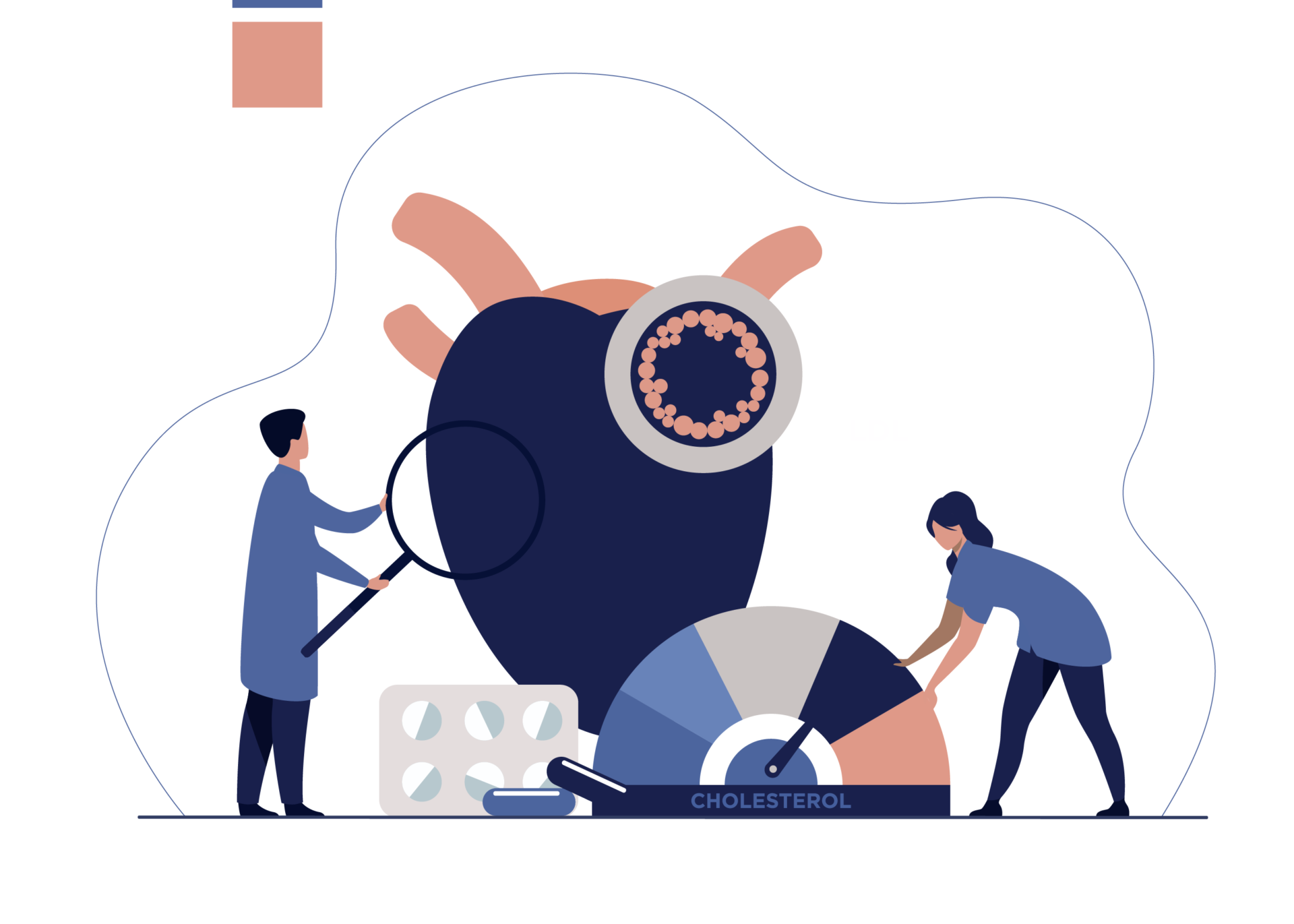You don’t need to work a physically-taxing job to suffer from a variety of health issues. In fact, just sitting at a desk all day can take a major toll on your health. Many employees also suffer from mental health problems due to a stressful job or from working too many hours. Plus, people who work night shifts face yet another set of health problems.
The first step is to understand what factors could be contributing to poor health. Next, you need to figure out what solutions to use to combat these issues.
Why Working Long Hours Is Bad for Your Health
As a career-driven person, you may fall into the trap of believing you need to dedicate your life to work. After all, how else will you ever achieve your goals? However, working extra hard actually means your productivity suffers. In fact, researchers have discovered that productivity drops after you reach 50 hours. This means any hours of work you put in after the first 50 are a waste of your time.
If that’s not reason enough to stop working so many hours, consider the adverse effects such a lifestyle has on your health.
1. Fatigue
Insufficient sleep for an extended amount of time leads to fatigue. As well as putting you at higher risk for many illnesses, you’ll find it harder to concentrate, which could affect your relationships at work and home.
2. Safety Risks
If there is a physical component to your job, you could put yourself and others in danger when you’re tired. Your reaction times will be slower and you’re more likely to make mistakes when you’re not alert, which could cause an accident.
3. Mental Skills
Overworking has an effect on your brain. One study found that regularly working more 55 hours a week led to poorer performance on tests for reasoning and vocabulary comprehension.
The above are a few of the general health risks to working too hard. Some types of work also come with specific health risks.
Health Issues Related to a Desk Job
A major downside to a desk job is that it contributes to a sedentary lifestyle. Not only does this mean you may not be exercising enough, maintaining a seated position for hours at a time puts strain on your body in all kinds of ways. These two factors lead to health problems including:
- Obesity
- Loss of muscle strength and bone density
- Poor circulation
- Inflammation
- A higher risk of heart disease, stroke, type 2 diabetes, and some cancers
- Eye strain and other computer-related injuries
If you are one of the many workers who sits behind a desk all day, there are a few things you can do for your health and wellbeing at work.
1. Move More
Take every opportunity you can to move. For instance, take the stairs instead of the elevator or use your lunch break as a chance to have a short walk. Even if you have no reason to leave your desk, stand up and move a little at least once every hour.
2. Adjust Your Workstation
During the time you are at your desk, make sure it’s comfortable. To avoid injuries, the top of your monitor should be eye level, your forearms should be parallel to the floor, and your wrists should be as flat to the desk as possible.
3. Stand Instead of Sitting
A better option than a regular workstation is a standing desk. Bear in mind that it may take some getting used to before you’re able to spend the entire day standing. An adjustable desk will allow you to switch between standing and sitting. You can then practice standing for a few more minutes each day.
The Impact of Night Shifts on Your Health
Working night shifts can also have a major impact on your health. Irregular sleep patterns can put you at higher risk for breast cancer, heart attacks, depression, obesity, gastrointestinal problems, and diabetes, among other conditions.
In many industries, working at least the occasional night shift is unavoidable. To stay healthy, you’ll need to train your body to adapt to sleeping during the day and staying awake during the night.
1. Ask for Support from Your Family
The other people you live with may be on a different schedule to you. It’s important they respect when you need to sleep by creating a quiet environment. In addition, it’s a good idea to dedicate time when no one is working and no one needs to be sleeping to spend time together.
2. Stop Drinking Coffee Several Hours Before Bedtime
Coffee may help you stay awake during your night shift, but it will make it much more difficult to sleep later. Bear in mind that caffeine stays in your system for up to 10 hours. For this reason, you should avoid drinking any coffee for at least six hours (perhaps as many as eight hours) before you intend to go to sleep.
3. Spend Time in the Sun
Working the night shift means you’ll miss out on a lot of sunlight. To avoid suffering from a vitamin D deficiency, make sure you schedule some time in the sun every day. Exercising outdoors or even just sitting in the sun when you come home from work can help prevent the short-term effects of a vitamin D deficiency, such as muscle cramps and mood changes, as well as long-term health risks, like osteomalacia (soft bones).

How Your Job Can Affect Your Mental Health
Even if you solve the problems of sitting too long or adapting to another sleep–wake schedule, work can affect your health. For instance, there is a strong link between mental health and work. A stressful job can lead to both anxiety and depression.
Unfortunately, less than half of the employees who experience workplace stress to a degree that it impacts their productivity feel that they are able to talk to their boss about the issue. Worse, if your methods for coping with stress are unhealthy habits, you may succeed in avoiding stress now but suffer greater health problems later.
Instead, you need to tackle the problem head on.
1. Better Organize Your Schedule
It’s easy to feel overwhelmed by a huge amount of work if you have no idea where to begin. Spending some time organizing your schedule can make the world of difference. To start, divide projects into smaller to-dos. Then, create a list in order of priority. When you finish a task, check it off your list — this will give you a sense of satisfaction.
2. Drink More Water and Less Coffee
Even if you’re not working night shifts, you need to be careful with caffeine. When you’re feeling exhausted, it can be tempting to pour yourself another coffee. However, caffeine can increase anxiety and make you dehydrated. Start switching some of your regular caffeinated drinks for water. If you find you lack energy, a better option is to sleep more.
3. Take Wellness Breaks
You’ll be able to maintain your focus better if you do short periods of intense work broken up by wellness breaks. Exercise is an excellent way to use your wellness breaks, as working out is great for mental health. Alternatively, you could get some fresh air, take a guided meditation, or do some stretches.
Should You Quit Your Job?
If work is impacting your health in serious ways, you may consider quitting your job. Your work may be too demanding on your body or it could be causing you mental health problems. If you’re confident that you’ll be able to find a new job — especially one you actually enjoy or that is at least less demanding — this could be the right decision for you. If you’re able to survive on your savings for a while, this could even give you the break you need.
Another solution could be to start your own business. This option will also require you to have some savings, as you’ll need to invest in the venture and support yourself until your business becomes profitable.
A Better Solution: A Virtual Assistant
If you are like most people, quitting your job is a last resort. A better alternative is to find help with your current position. Whether you’re working too many hours or some of the work that falls on your plate is stressful, the solution is to contract a virtual assistant. This will allow you to hand off the tasks you dislike the most and free up your schedule to focus on what you do enjoy.
The virtual assistants at MYVA360 specialize in a huge number of tasks. We’ll match you with a professional VA who has the exact skill set you need — whether that’s for administrative tasks, bookkeeping, customer service, or something else.
Even if you only need a few hours of support each week, our virtual assistants are the ideal solution. The packages from MYVA360 start at 30 hours per month, but all our plans are flexible and customizable, meaning you can tailor a plan to suit your needs. Contact us to discuss your needs and get started.





